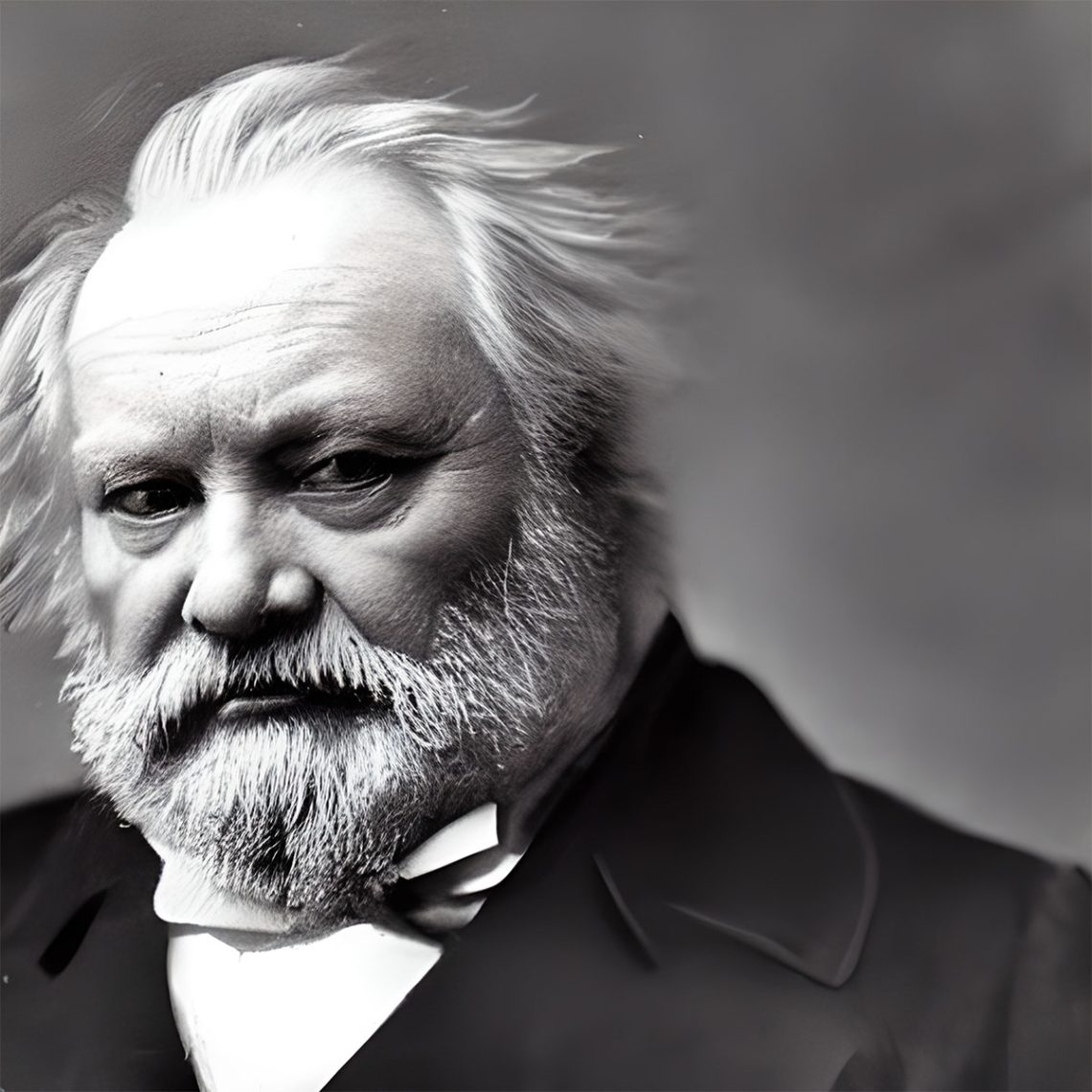Victor Hugo: The Life and Works of a Literary Giant
Introduction
Victor Hugo was a French poet, novelist, and dramatist who lived in the 19th century. He is widely considered one of the greatest literary figures of his time, and his works have influenced literature and culture for generations. In this article, we will explore the life and works of Victor Hugo, from his early years to his literary legacy.
Early Life and Education
Victor Hugo was born on February 26, 1802, in Besançon, France. His father was a general in Napoleon’s army, and his mother was a royalist. Hugo was a gifted child and began writing poetry at an early age. In 1811, he and his family moved to Paris, where he attended school and continued to write.
Early Career
Hugo’s first book of poetry, “Odes et Ballades,” was published in 1826 and received critical acclaim. He then turned to playwriting, and his play “Cromwell” was a huge success in 1827. Over the next few years, he continued to write plays and poetry, including his famous play “Hernani” in 1830.
Political Involvement
Hugo was politically active throughout his life and was involved in the Revolution of 1830, which overthrew King Charles X. He supported the establishment of a republic and was elected to the National Assembly in 1848. However, he was forced into exile after the coup d’état of 1851 and lived in Guernsey until 1870.
Literary Works
Hugo is best known for his novels, which include “Les Misérables” and “The Hunchback of Notre Dame.” “Les Misérables” was published in 1862 and is considered one of the greatest novels of the 19th century. It tells the story of Jean Valjean, a man who is imprisoned for stealing bread but eventually becomes a successful businessman and philanthropist. “The Hunchback of Notre Dame” was published in 1831 and tells the story of Quasimodo, a hunchback who falls in love with a beautiful gypsy woman.
Legacy
Hugo’s literary legacy is vast and varied. He is considered one of the founders of the Romantic movement in France and is credited with introducing new themes and styles to French literature. His works have been translated into many languages and adapted into numerous films, plays, and musicals. His influence can be seen in the works of many other writers, including Charles Dickens and Leo Tolstoy.
Awards and Honors
Hugo received many awards and honors during his lifetime, including the Legion of Honor in 1845 and 1862, and the title of Commander of the Order of Leopold in 1863. He was also nominated for the Nobel Prize in Literature several times.
Personal Life
Hugo was married to Adèle Foucher, and they had five children together. However, he had many affairs throughout his life and was known for his love of women. He was also a passionate advocate for social justice and often used his writing to promote political and social causes.
Death and Legacy
Victor Hugo died on May 22, 1885, in Paris, France. He was given a state funeral and was buried in the Panthéon, one of France’s highest honors. Today, Hugo is remembered as one of the greatest writers in French history and a champion of social justice.
Discover the insightful quotes of Victor Hugo and let his words touch your soul.

